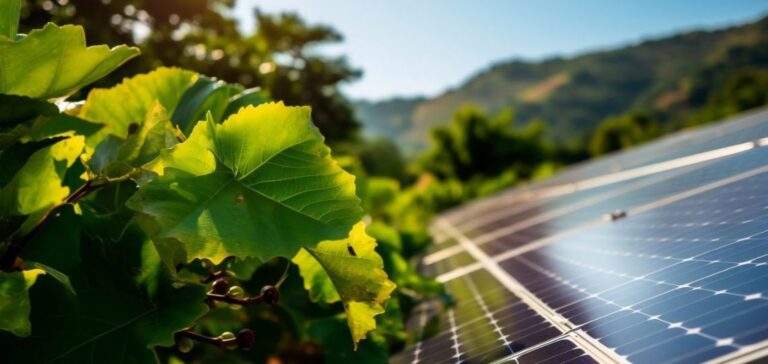After intense negotiations, the decree governing agrivoltaics was officially published in the Journal Officiel on Tuesday. This decree aims to ensure that the installation of photovoltaic panels on agricultural land does not reduce yields by more than 10% compared to a control plot, according to the guidelines of the Renewable Energy Acceleration Act of February 2023.
Specific parameters of the decree
The decree also stipulates that solar panel coverage must not exceed 40% of the total area of agricultural land used, unless the project has already demonstrated its effectiveness. The aim is to ensure that agricultural production remains viable and meaningful, while contributing to objectives such as adapting to climate change and improving animal welfare.
Implications and reactions
The French Minister for Industry and Energy, Roland Lescure, stresses the importance of this decree, pointing out the need to strike a balance between energy gains and agricultural needs. “It’s got to be a win-win situation,” said the office of the French Minister for Agriculture, Agnès Pannier-Runacher, pointing to future discussions on the distribution of profits generated by agrivoltaic projects.
Next steps and future discussions
New legislative initiatives” are planned for this summer to address the issues left unresolved by the decree, notably the distribution of the value generated by energy production. Minister Pannier-Runacher will also be holding talks with the prefects and Jules Nyssen, President of the Syndicat des Energies Renouvelables, to ensure effective implementation of the decree.
This decree represents a significant step forward in France’s sustainable development strategy, aimed at harmoniously integrating solar energy production into the agricultural landscape while preserving or improving agricultural production conditions. Future legislation will further clarify the implementation and impact of these initiatives on the agricultural and energy sectors.






















